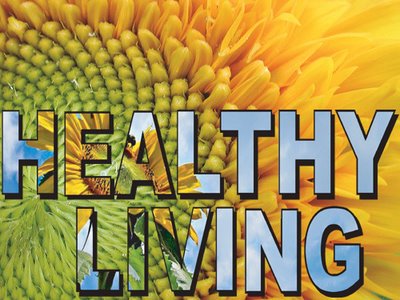
Ginkgo (Ginkgo biloba, Maidenhair tree)
General Description: Deciduous tree that produces a flower and a fruit that can live up to 1,000 years.
General Description: Deciduous tree that produces a flower and a fruit that can live up to 1,000 years.
Part Used: Leaf
Uses:
improve memory, concentration, AD/HD individuals, improve circulation especially in diabetics, SSRI-induced impotency, Alzheimer's’s disease, asthma, antioxidant, hearing problems
improve memory, concentration, AD/HD individuals, improve circulation especially in diabetics, SSRI-induced impotency, Alzheimer's’s disease, asthma, antioxidant, hearing problems
Action: Contains a variety of flavonoids, terpenoids, and phenolic acids. These produce platelet activating antgonist, bronchoconstriction, antioxidants, vasodilator, and increases cerebral blood flow.
Dosage:
120-160 mg daily. (May take 1-2 months to be effective)
240 mg daily for Alzheimer's
60mg twice/day to 240mg twice daily for sexual function.
0.5 ml of 1:5 tincture of leaf 3 times daily
120-160 mg daily. (May take 1-2 months to be effective)
240 mg daily for Alzheimer's
60mg twice/day to 240mg twice daily for sexual function.
0.5 ml of 1:5 tincture of leaf 3 times daily
Precautions/Adverse Effects:
Well tolerated with rare, GI symptoms, headaches, and vertigo. Ginkgo fruit and seeds are toxic if ingested. Skin contact can produce dermatits.
Use cautiously with anticoagulants. (warfarin, aspirin, NSAIDs)
One study reported bleeding into the eye and another reported a spontaneous subdural hematoma.
Contraindications:
Ginkgo allergy. Avoid using in pregnancy, lactation and children, due to insufficient information.
Nursing Considerations:
Warn patients that concomitant use with some herbs that have coumarin constituents can affect platelet aggregation and increase the risk of bleeding: angelica, chamomile, feverfew, garlic, ginger, horse chestnut and others.
Especially in the elderly who may be on anticoagulants and seek the benefits of gingko.
Warn patients that concomitant use with some herbs that have coumarin constituents can affect platelet aggregation and increase the risk of bleeding: angelica, chamomile, feverfew, garlic, ginger, horse chestnut and others.
Especially in the elderly who may be on anticoagulants and seek the benefits of gingko.
Warn patients who are on MAOIs that ginkgo can potentate their activity.
Limit ingestion of tyramine foods (cheeses, red wine) or sympathomimetic agents.
Warn patients that ginkgo is not a bronchodilator and is not a quick relief medication. Will not work in an acute attack.
The precise mechanism of action is unclear, but current research studies are encouraging.
There are several studies involving animals ongoing with respect to cognitive and neuroprotective effects
General Safety Advisory
~The information in this document does not replace medical advice.~Before taking an herb or a botanical, consult a doctor or other health care provider
-especially if you have a disease or medical condition,take any medications, are pregnant or nursing, or are planning to have an operation.
~Before treating a child with an herb or a botanical, consult with a doctor or other health care provider.
~Like drugs, herbal or botanical preparations have chemical and biological activity. They may have side effects. They may interact with certain medications. These interactions can cause problems and can even be dangerous.
~If you have any unexpected reactions to an herbal or a botanical preparation, inform your doctor or other health care provider.
